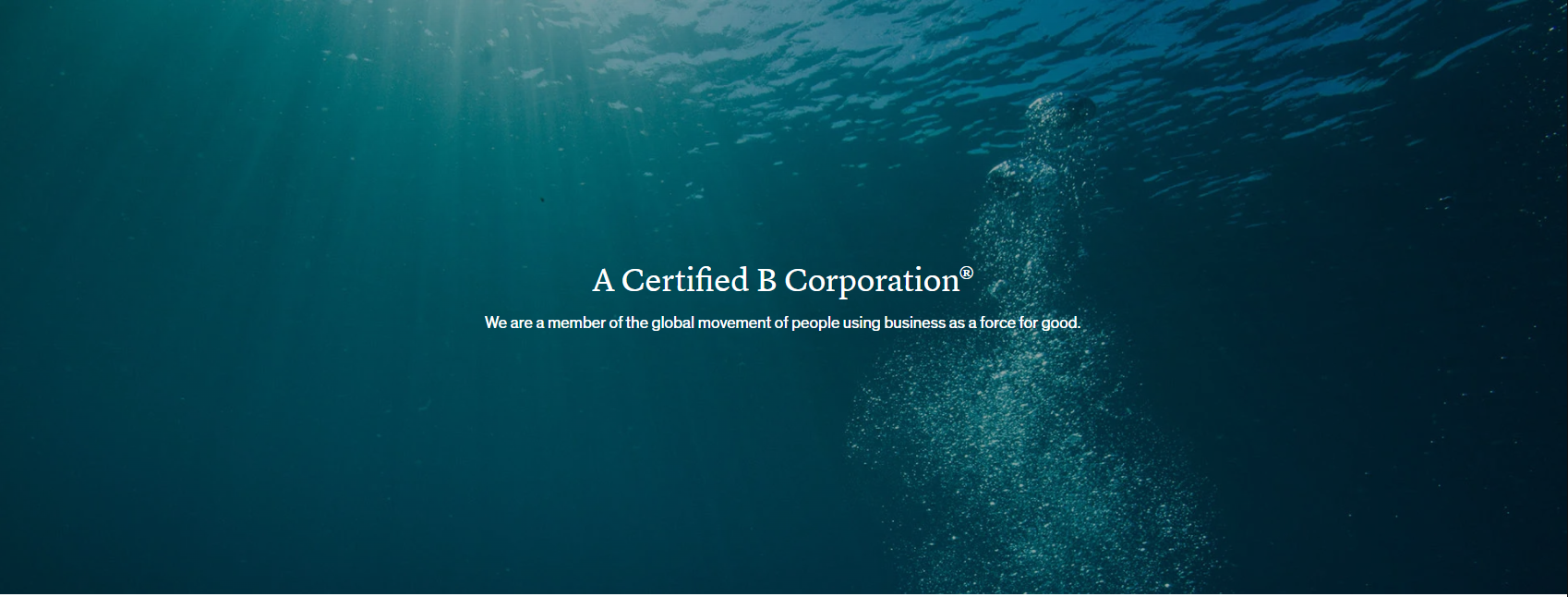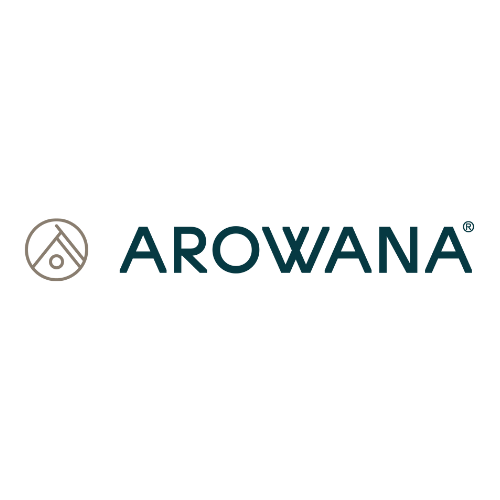

Arowana

New South Wales, Australia
April 2018
Investment advising
Service with Minor Environmental Footprint
Australia,
Pakistan,
Philippines,
Singapore,
United Kingdom
Arowana has a long-term commitment to building strong, sustainable businesses that will have a positive impact on economies, industries and the people they employ. Importantly, they understand that the work they do benefits more than the bottom line and they always consider the wider impact of their actions. They want to see businesses and economies grow in a sustainable way and in doing so create value for their stakeholders. This aligns with their purpose of growing people, growing companies and growing value. Their mantra is that for companies to grow, their people must grow. For this reason, they invest heavily in learning and development for their team through their in-house education arm, Arowana.U and encourage their people to develop cross functional capabilities and skills. They also help to grow entrepreneurs and imbue the entrepreneurial spirit into all their companies. Arowana values humility, solidarity and tenacity. These guide their approach to how they invest, how they operate and how they recruit talent. Arowana is headquartered in Australia.
Overall B Impact Score
Governance 22.6
Governance evaluates a company's overall mission, engagement around its social/environmental impact, ethics, and transparency. This section also evaluates the ability of a company to protect their mission and formally consider stakeholders in decision making through their corporate structure (e.g. benefit corporation) or corporate governing documents.
What is this? A company with an Impact Business Model is intentionally designed to create a specific positive outcome for one of its stakeholders - such as workers, community, environment, or customers.
Workers 31.4
Workers evaluates a company’s contributions to its employees’ financial security, health & safety, wellness, career development, and engagement & satisfaction. In addition, this section recognizes business models designed to benefit workers, such as companies that are at least 40% owned by non-executive employees and those that have workforce development programs to support individuals with barriers to employment.
Community 21.5
Community evaluates a company’s engagement with and impact on the communities in which it operates, hires from, and sources from. Topics include diversity, equity & inclusion, economic impact, civic engagement, charitable giving, and supply chain management. In addition, this section recognizes business models that are designed to address specific community-oriented problems, such as poverty alleviation through fair trade sourcing or distribution via microenterprises, producer cooperative models, locally focused economic development, and formal charitable giving commitments.
Environment 12.8
Environment evaluates a company’s overall environmental management practices as well as its impact on the air, climate, water, land, and biodiversity. This includes the direct impact of a company’s operations and, when applicable its supply chain and distribution channels. This section also recognizes companies with environmentally innovative production processes and those that sell products or services that have a positive environmental impact. Some examples might include products and services that create renewable energy, reduce consumption or waste, conserve land or wildlife, provide less toxic alternatives to the market, or educate people about environmental problems.
Customers 50.3
Customers evaluates a company’s stewardship of its customers through the quality of its products and services, ethical marketing, data privacy and security, and feedback channels. In addition, this section recognizes products or services that are designed to address a particular social problem for or through its customers, such as health or educational products, arts & media products, serving underserved customers/clients, and services that improve the social impact of other businesses or organizations.
What is this? A company with an Impact Business Model is intentionally designed to create a specific positive outcome for one of its stakeholders - such as workers, community, environment, or customers.